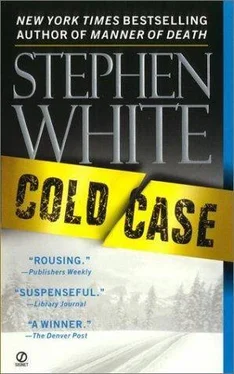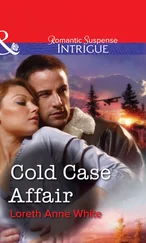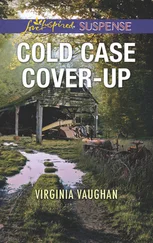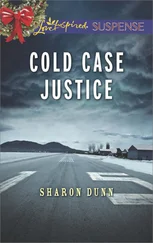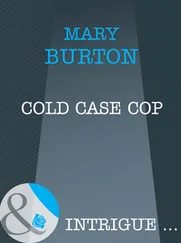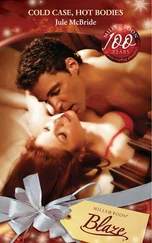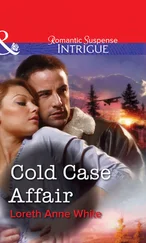"My career would be in jeopardy"
"Ultimately, your wife agreed?"
"My wife… submitted… to my wisdom. A few weeks later, we saw Dr. Raymond Welle for the first time."
"As a family?"
"First he met with Mariko. Alone. Then he met with Eri and myself, alone.
Finally, he met with the three of us together. Three different days during one week. He called us all together the following week and offered us a plan. He called it a treatment plan.
"He wanted to meet with Mariko two times each week to help her with her adjustment to… being a young woman. To being in America. To being in Steamboat Springs. He wanted to meet with my wife and me once every other week to discuss ways to assist us in managing our daughter during this difficult time in her life. He described Mariko as straddling two cultures and sometimes losing her balance. He also said that she was not ready to relinquish either culture and if we tried to force her to choose one, or if we took one away from her, she would rebel against us further. Our problems would only exacerbate. He was telling us that we could not make our problems go away by returning to Japan."
Given the facts, Welle's treatment approach sounded thoughtful and cogent. I don't know what I'd expected, but given the pontificating nature of his national radio show, I wouldn't have been surprised to hear a plan that consisted of something much more embarrassing to the profession, and much less potentially salutary for the Hamamoto family.
As described by Taro Hamamoto, Dr. Welle's treatment of Mariko sounded like an appropriate method for dealing with an adolescent and her family after a single serious incident of acting out. The intervention with Mr. and Mrs. Hamamoto lasted for six sessions over a period of almost two months. Mariko was seen individually in psychotherapy for slightly longer; her father estimated that she attended psychotherapy sessions twice a week for one month, once a week for two months after that. Maybe sixteen sessions total. He offered to check old financial records if the specific number of visits was important. I told him I'd let him know.
These days her managed-care company would never have approved such a luxurious investment of psychotherapeutic intervention. But her treatment was back in 1988, when health insurance policy provisions were less strict. Psychologists with psychologically unsophisticated clients often took advantage of the system in such circumstances and continued treatment long after it was necessary. It didn't appear to me that Dr. Welle had abused the system, however.
The treatment he provided to Mariko was not too long, not too short. Just right. When I was able to pull it off in my own practice, I liked to think of it as the Goldilocks solution.
Taro noticed me eyeing my watch.
"I am aware that our time is almost up. I will try to be brief as I conclude.
As I said before, Dr. Welle helped us. He helped my wife and me understand better the pressures that were weighing on our daughters. He taught us ways to help the girls adjust. He was sensitive to the cultural concerns we had. Eri and I did not want to relinquish,… the Japanese culture. And whatever Dr. Welle said to Mariko, whatever he advised her to do, we never again had problems with her about drugs and boys."
I sensed that he expected me to challenge him about the last point he'd made. I didn't.
He tapped his wristwatch with his fingertip.
"You have a flight to catch. I will be pleased, now, to sign your paper before you go." He slid the permission form from the center of the table and aligned it in front of him.
"I am grateful for your interest in my… family. Please give my greetings to Dr. Raymond Welle when you see him." He fished a pen from the pocket of his chinos and scrawled his signature along the bottom line.
I slid the paper into my satchel.
"Thank you," he said.
"What you are doing-it gives me a small measure of hope.
For my family, for me, this has been a wave that never breaks."
I thanked him.
"Should we have the opportunity to talk again, we can talk about my other daughter. Satoshi. She is at Stanford, in California. She is studying zoology.
She hardly remembers living in Japan, I think. You should consider talking with her as well, you know? She knew her sister in ways that I never would."
"She would be agreeable?"
"Of course. Let me write down her phone number for you. I will tell her you will call."
Ten minutes later I was on board the 747 that would take me back to Denver.
Only after I'd walked the length of the jetway did I glance at my boarding pass and notice that my seat had been upgraded to first-class. On board, the flight attendant couldn't tell me why I'd been moved in front of the curtain, and suggested with a crooked smile that I not "question fate that comes in the form of sunshine."
It seemed like good advice. My suspicion, though, was that Taro Hamamoto had pulled a string or two.
After a moment's contemplation I decided I was more grateful than suspicious, and eagerly accepted the champagne I was offered by the flight attendant with the wisdom and the crooked smile.
PART THREE. A Fool's Errand
A few years back, during a late spring when I was between wives, I attended a large, formal wedding reception at the Phipps Tennis House in Denver. I remember arriving at the affair mostly cynical and leaving mostly drunk. The buddy who drove me home afterward accused me of hitting on the maid of honor without success-and without honor, for that matter.
The facility where the event was held remained a bit of a blur in my memory. My recollection was of a huge Quonset-hut-like structure with a glass roof. The building itself was constructed of red brick and covered with green ivy-a monument that a family with too much money had erected shortly after the turn of the last century to indulge its interest in court sports and to express its disdain for the vagaries of Colorado weather.
At the wedding reception I'd done most of my drinking in the gardens adjoining the huge tennis house. I remembered the gardens fondly for the abundant shade.
I also recalled that a pair of nickers had been using nearby down spouts and gutters to drum a staccato advertisement for mates. Or perhaps they were after sexual partners-gladly, I don't know enough about nickers to make the distinction. I did recall that their insistent percussion had mitigated my enjoyment of the Mumm I was downing at a pace I would later regret.
Although I don't remember many details from the afternoon of the wedding reception, I am pretty certain about two things. One, I never set eyes on the mansion that day. And two, the couple who were married that afternoon years ago are now, sadly, divorced.
* * * It was the Phipps Mansion and not the tennis house that was my destination on the Friday in June after I returned from Vancouver. The mansion and its adjacent play structure had been bequeathed by the Phipps family to the University of Denver. The university routinely made the facilities available for community uses that ranged from weddings and bar mitzvahs all the way to the elegant proceedings of the Summit of the Eight industrialized countries.
The spectacular buildings were also used for occasional political gatherings in support of presidents, governors, and sundry state and local politicians.
My instructions from someone named Trish in Representative Welle's office in Washington, D.C." were to arrive at the front door of the mansion at 10:45 and to be sure I was carrying identification. Approaching the mansion in my car, I drove past two black-vested valets who were hijacking vehicles at the entrance to the tennis-house parking lot. I didn't slow, instead continuing up the hill in the general direction that I expected to find the manor.
Читать дальше
